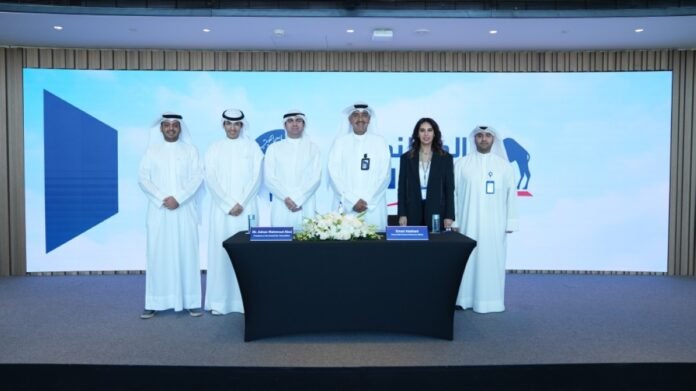The Kuwait Fund for Arab Economic Development (KFAED) just signed a new loan agreement. This agreement is worth four million Kuwaiti Dinars. That equals about thirteen million US dollars. The recipient is the nation of Nicaragua. This financial support aims at fostering economic development centrally. The money will help finance a crucial bridge construction project.
This project involves building the Prinzapolka Bridge. The bridge will be on the Rio Blanco-Siuna Highway. It will span the Prinzapolka River impressively. Its approximate length will be one hundred fifteen meters. Ultimately, the project aims to support social growth too. It will enhance commercial opportunities significantly. Furthermore, it will boost investment in many key sectors.
These sectors include agriculture and livestock importantly. Also included are mining and light industries. The services and tourism sectors will benefit too. Finally, trade will see major improvements. Consequently, the project should reduce vehicle operating costs. It will also drastically cut travel time for transport.
Both cargo and passenger transport will become easier. Traffic will bypass urban congestion efficiently. Road safety will improve for all users simultaneously. The generous loan will cover about seventy-six percent of the total cost. Its repayment period will last twenty years notably. This term includes a four-year grace period.
The loan carries a two percent annual interest rate. Additionally, there is a half-percent annual service charge. This charge covers administrative expenses properly. This loan is actually the fund’s third to Nicaragua. Previously, KFAED extended two other loans. Those loans totaled around ten point one three million dinars.
They financed a departmental hospital’s construction. That project was in the healthcare sector. Acting Director General Waleed Al-Bahar signed the agreement. He signed for the Kuwait Fund officially. Nicaragua’s Minister of Finance Bruno Gallardo signed too. The Kuwait Fund began its work in 1961 originally. It first aimed to assist Arab nations specifically.
Then, it expanded its activities in 1974. It then included all developing countries. Therefore, it now provides financing more broadly. This agreement continues a proud tradition. It is a clear commitment to fostering economic development internationally. This project will undoubtedly change lives positively. It truly exemplifies the fund’s core mission of fostering economic development.


